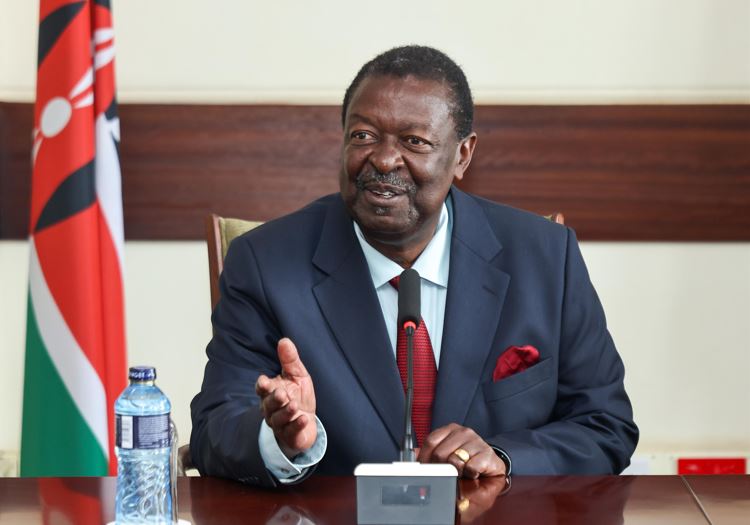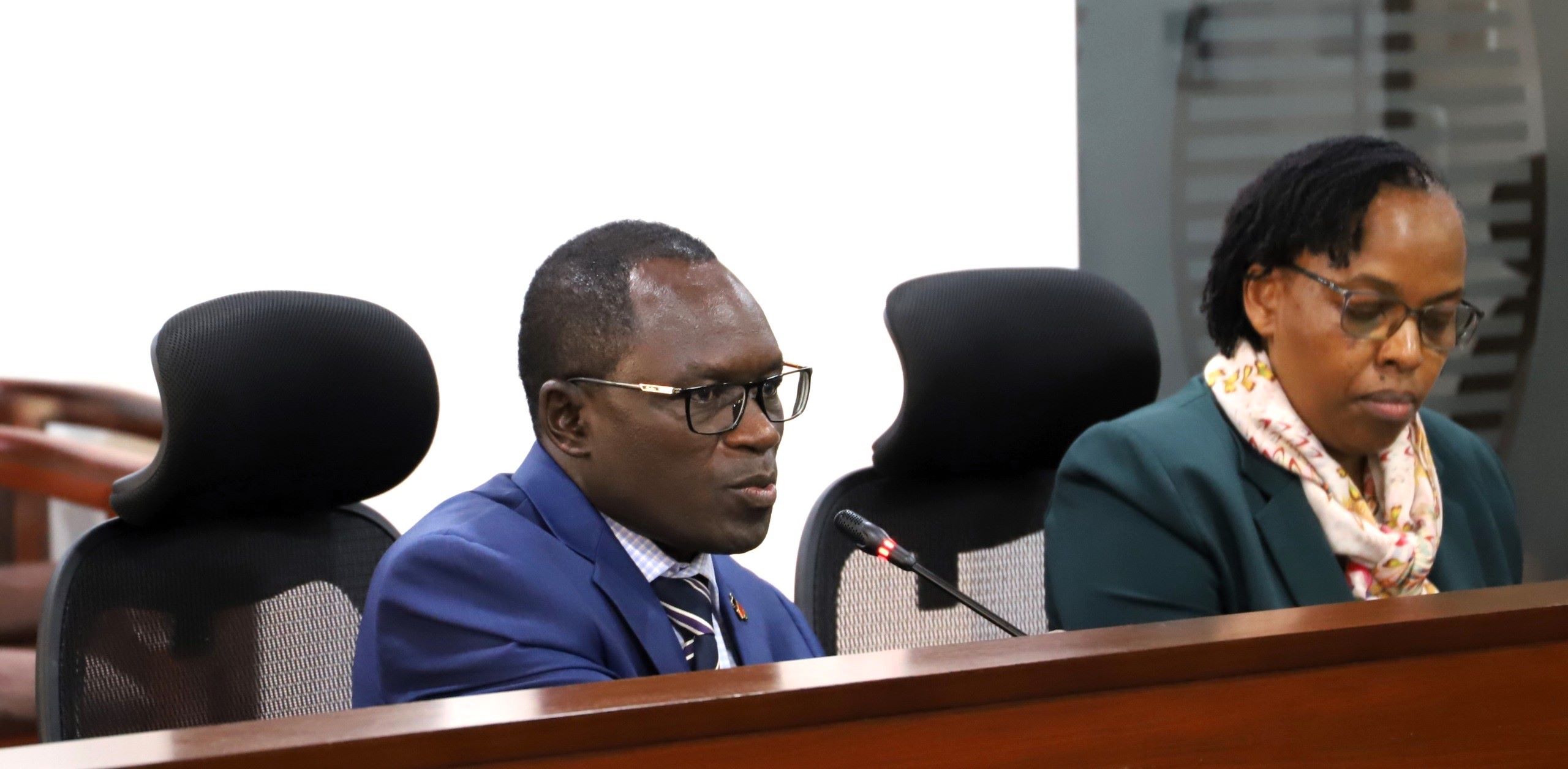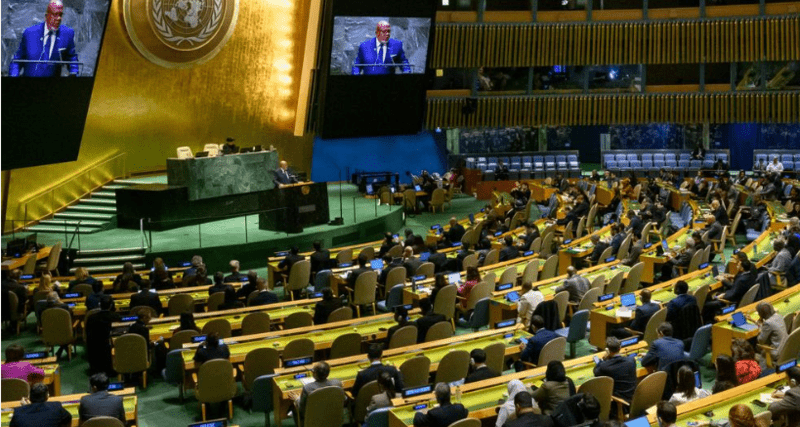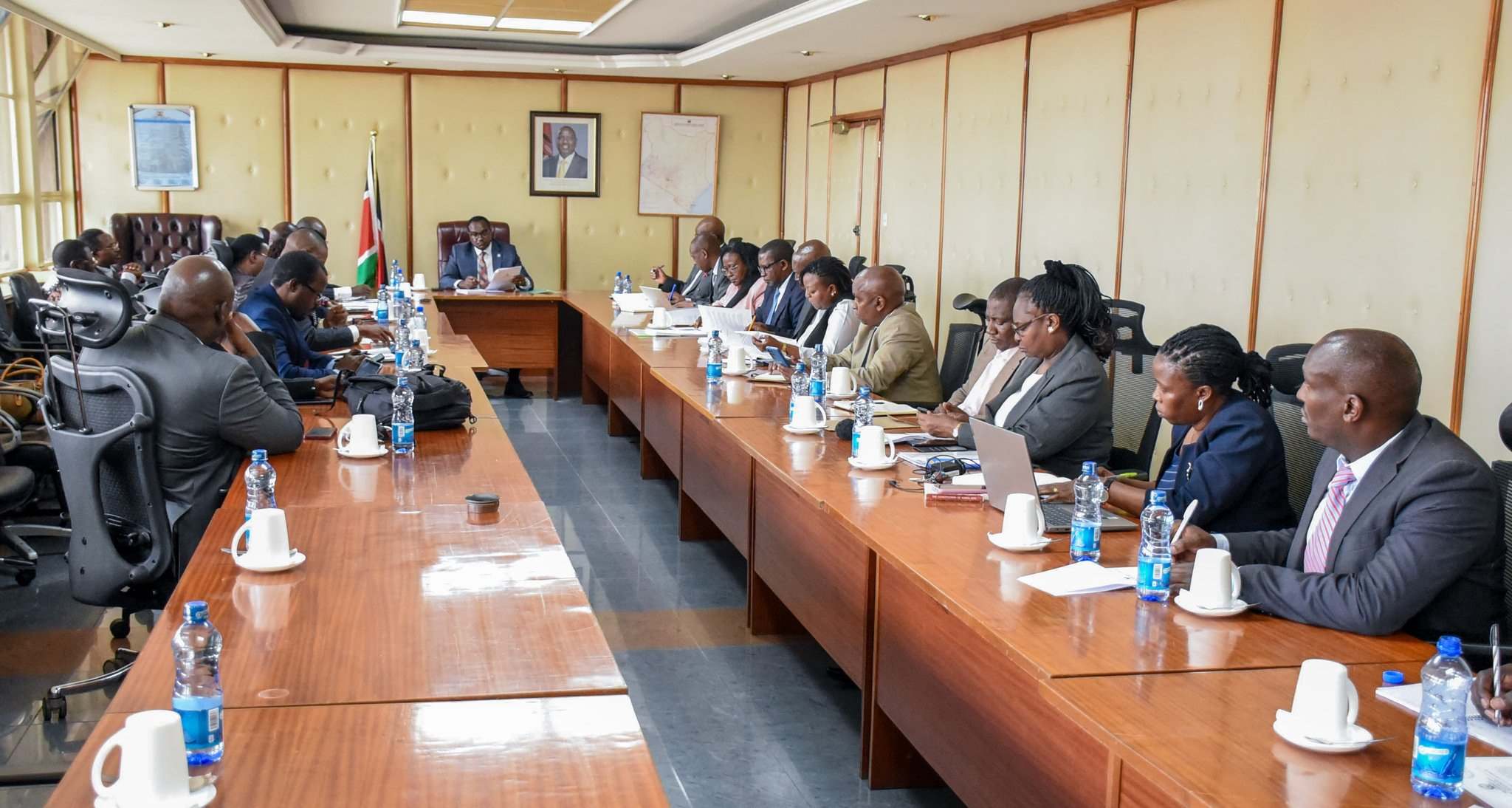Kenya presses Tanzania to scrap ban on foreigners operating small businesses

The order, issued on July 28, bars non-citizens from operating in 15 sectors, including mobile money transfer, courier services, salons, real estate, tour guiding, and small industries.
Kenya has escalated its opposition to Tanzania's new Business Licensing Order (2025), describing it as a "protectionist step backwards" that flouts the East African Community's founding principles.
The order, issued on July 28, bars non-citizens from operating in 15 sectors, including mobile money transfer, courier services, salons, real estate, tour guiding, and small industries.
More To Read
- Eastern African military commanders in Rwanda for key training
- How illegal financial flows stifle Africa's growth
- Meet Tanzania’s ‘hero rats’ trained to detect landmines, TB and earthquake survivors
- Kenya reaffirms commitment to Haiti peace mission despite challenges
- Kenya trails Uganda and Tanzania in attracting industrial investment - report
- Will ECOWAS meet its 2027 currency launch goal?
Addressing Parliament's Committee on Regional Integration, Kenya's Cabinet Secretary for Foreign and Diaspora Affairs, Musalia Mudavadi, said the measures "are a direct violation of multiple provisions of the EAC Common Market Protocol, including the right of establishment, national treatment, and the prohibition against introducing new restrictions without justification."
He warned that the order would inflict heavy losses on Kenyan investors in Tanzania.
"Some of our citizens stand to lose up to Sh19 million each in capital already invested. This is not only economically damaging - it is a breach of the trust on which our regional integration rests."
The minister noted that Tanzania did not seek EAC approval or provide the required justification before introducing the restrictions.
"Article 13 of the Common Market Protocol is clear—no partner state may introduce new nationality-based restrictions unless duly justified on grounds of public policy, public security, or public health, and even then, only after notifying the EAC Secretariat and other partner states. This procedure was not followed."
Nairobi has already lodged a formal complaint with the EAC Secretariat and called for a meeting of ministers responsible for finance, economic affairs, trade and investment to address both tariff and non-tariff barriers.
"We have initiated bilateral diplomatic engagement with the Government of Tanzania to seek an amicable resolution. Our High Commission in Dar es Salaam is also conducting a comprehensive assessment to determine the full extent of injury to Kenyan businesses."
Kenya argues that the order also undermines the bloc's commitments to investment protection under Article 29 of the Common Market Protocol.
By criminalising existing lawful investments and refusing to renew current licences it breaches due process and denies prompt, adequate, and effective compensation.
"Our ask is simple: revoke the order, amend the Finance Act 2025 accordingly, and bring national measures into conformity with EAC obligations. The integrity of the Common Market depends on it," the minister told the committee.
Nairobi has also demanded that Tanzania scrap discriminatory excise duties and industrial development levies that apply to Kenyan imports but not to equivalent Tanzanian goods.
"No partner state shall impose, directly or indirectly, on the products of another partner state any internal taxation above that imposed on similar domestic products. That is Article 15(2) of the Customs Union Protocol—it is not optional," he stressed. "We will defend the rights of Kenyans to trade, invest and work across the EAC. Our commitment to integration is unwavering - but it must be mutual."
Top Stories Today










































